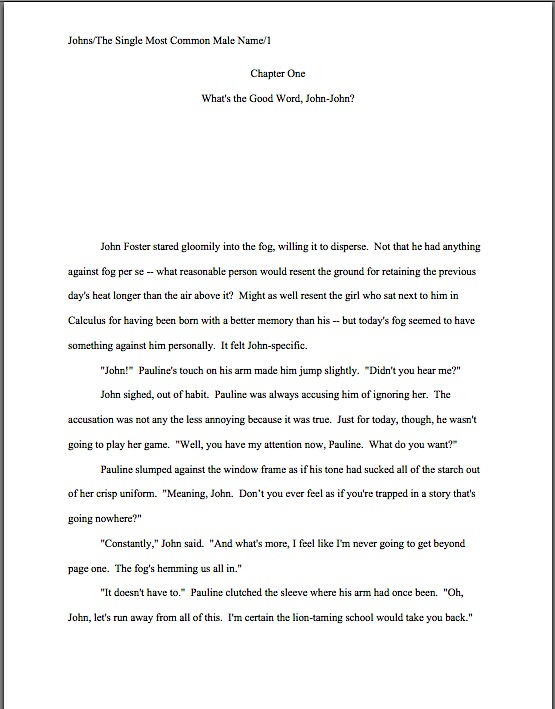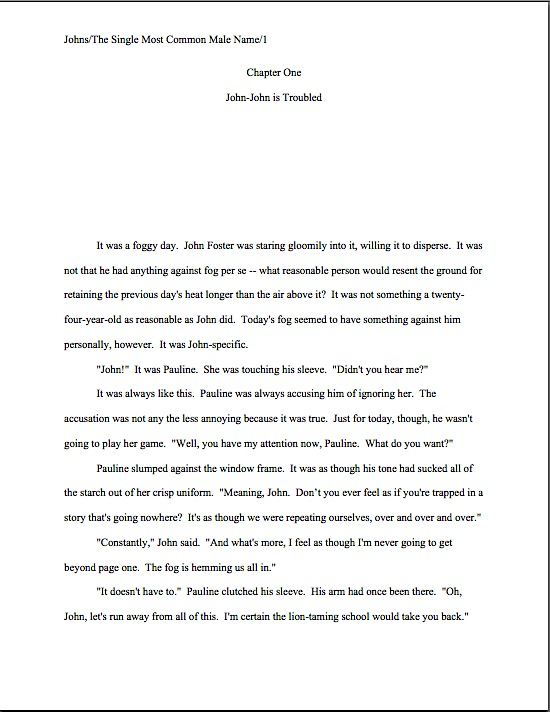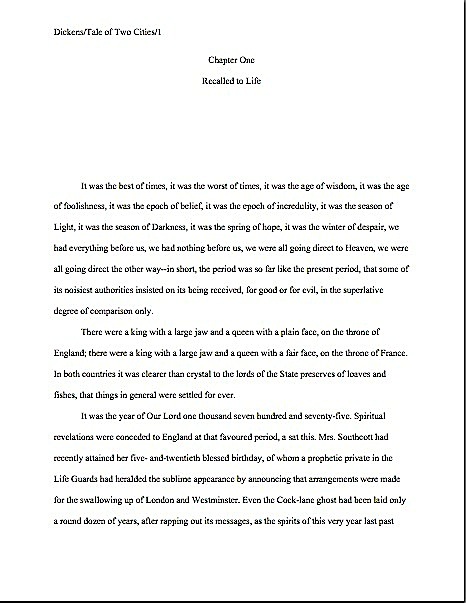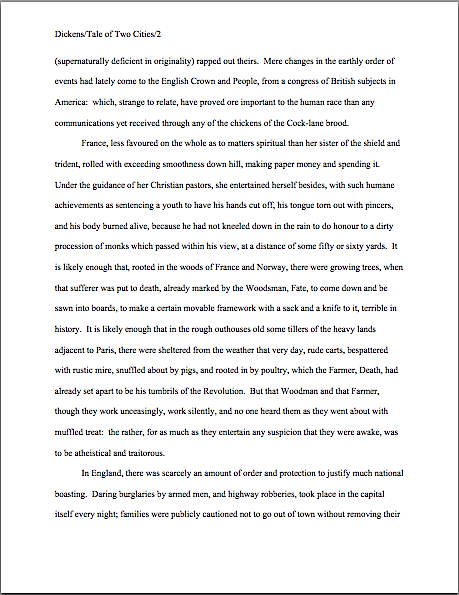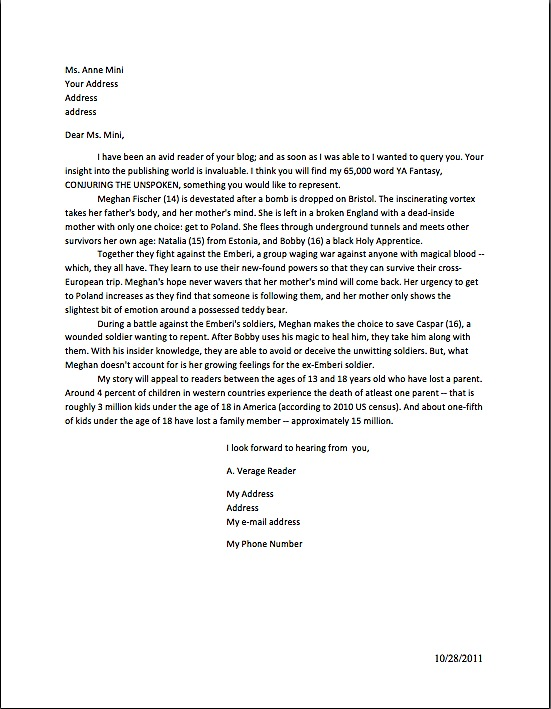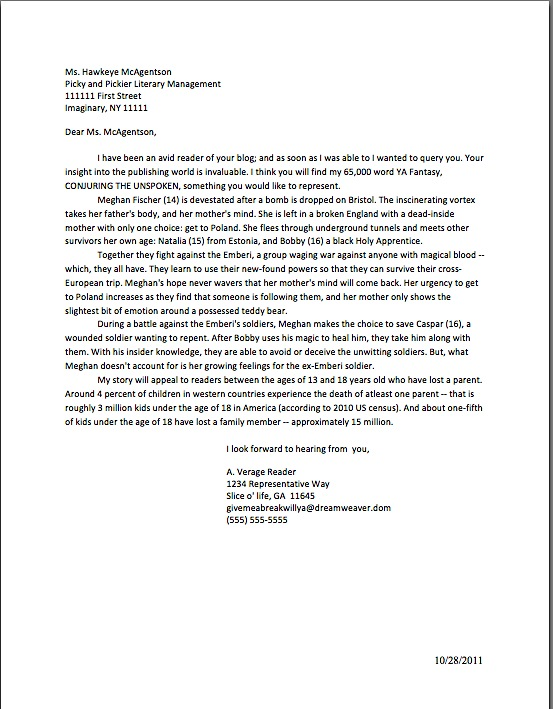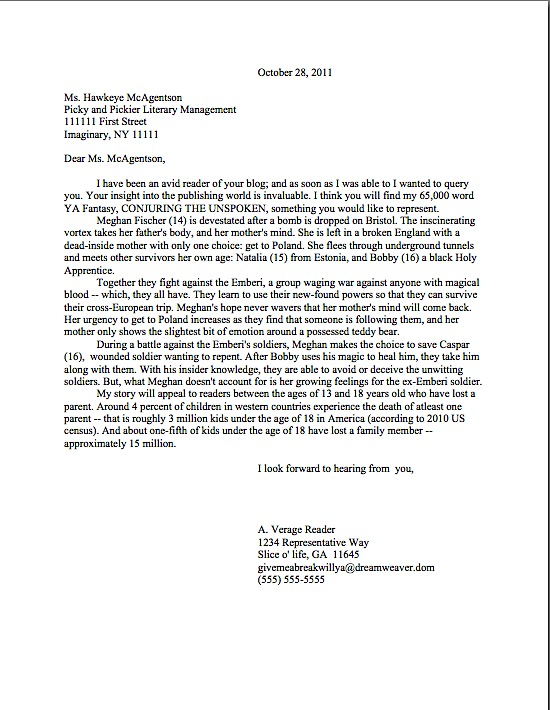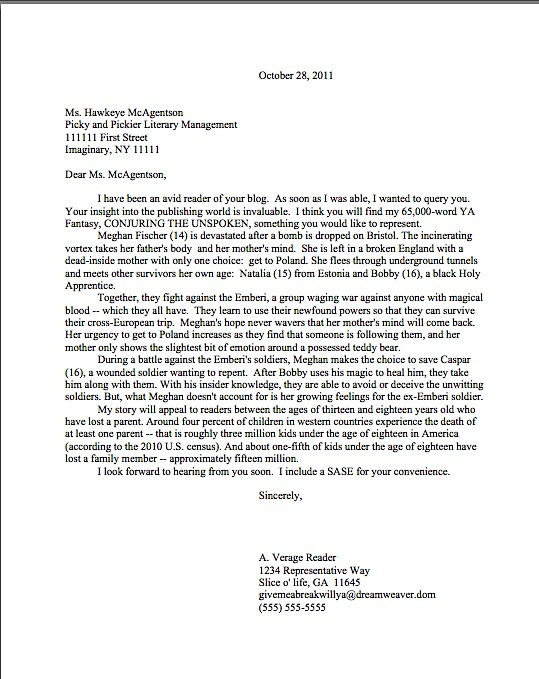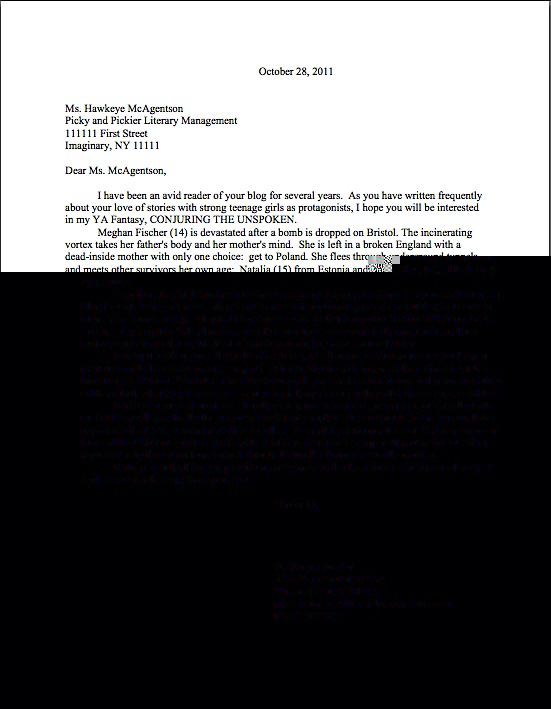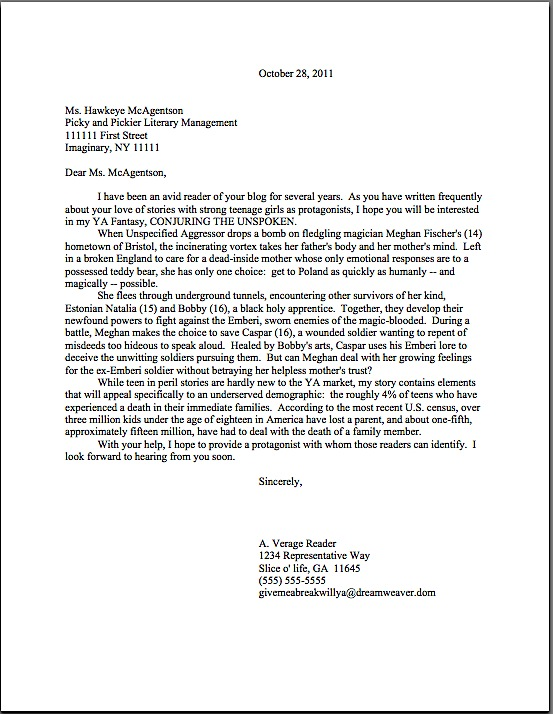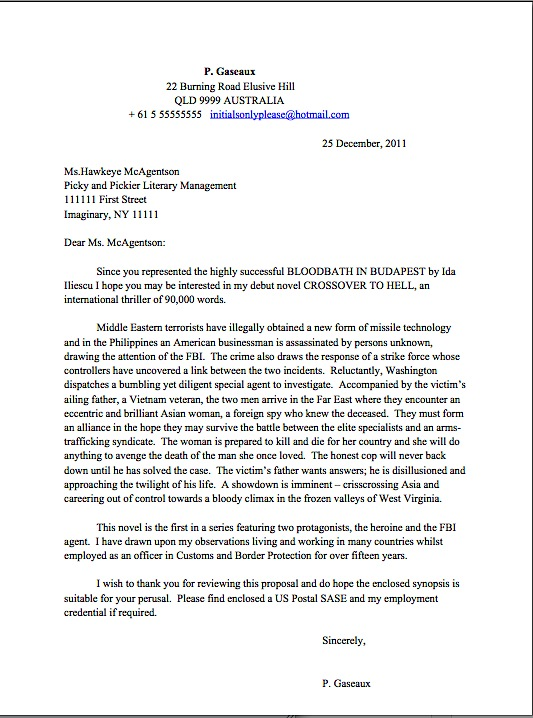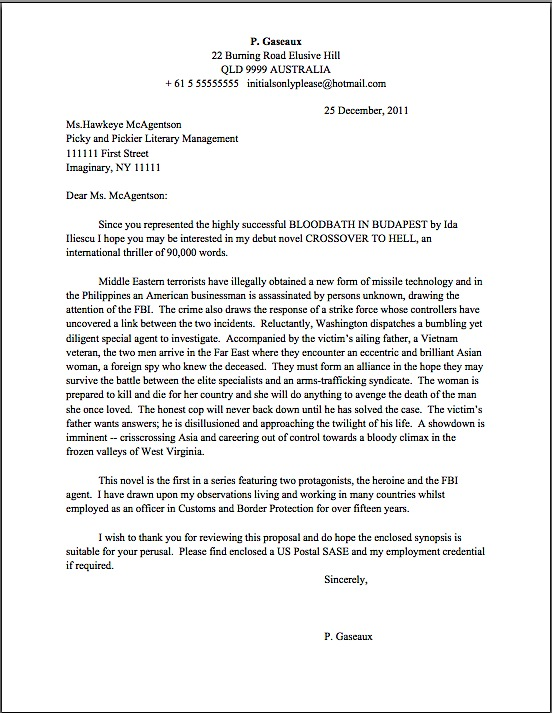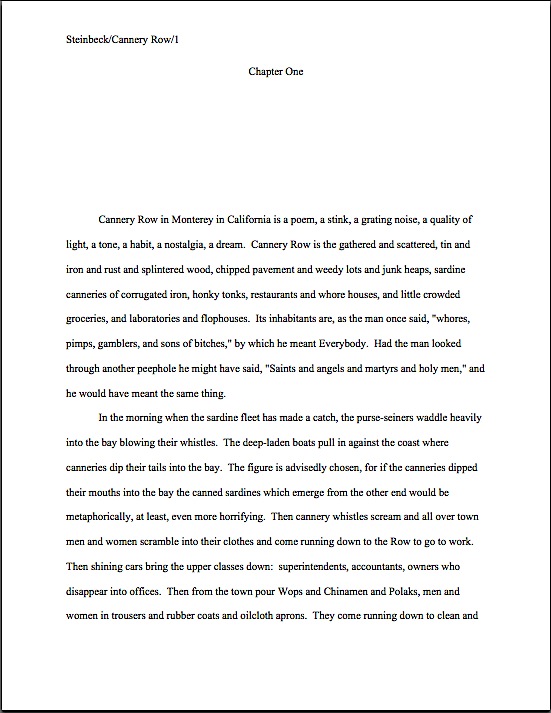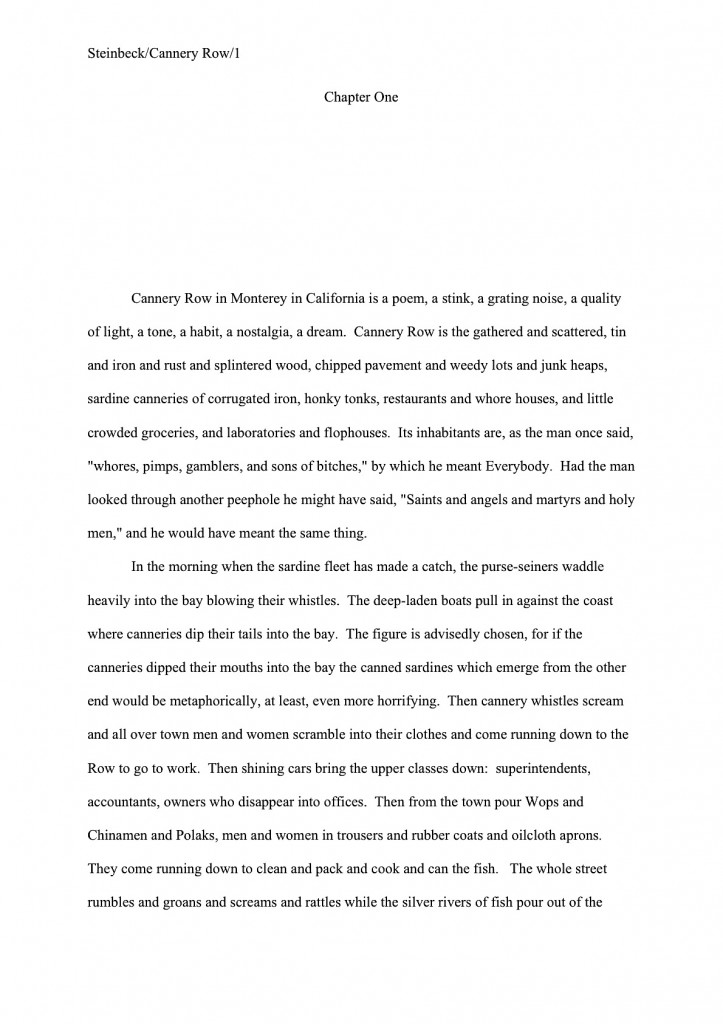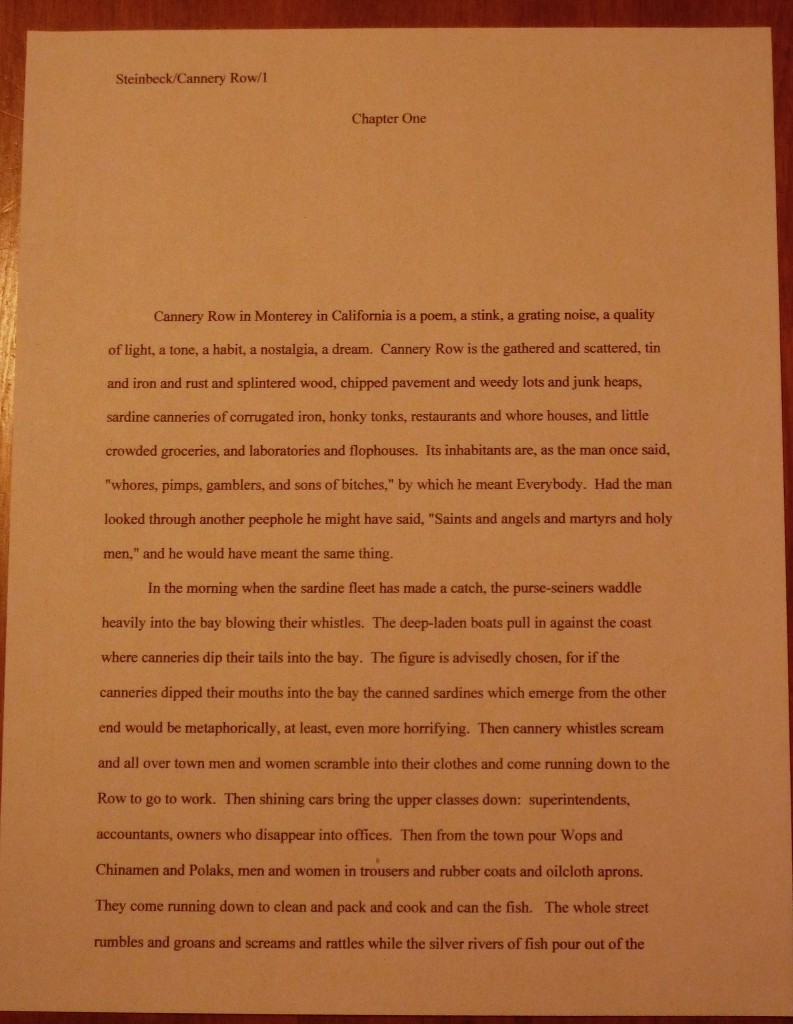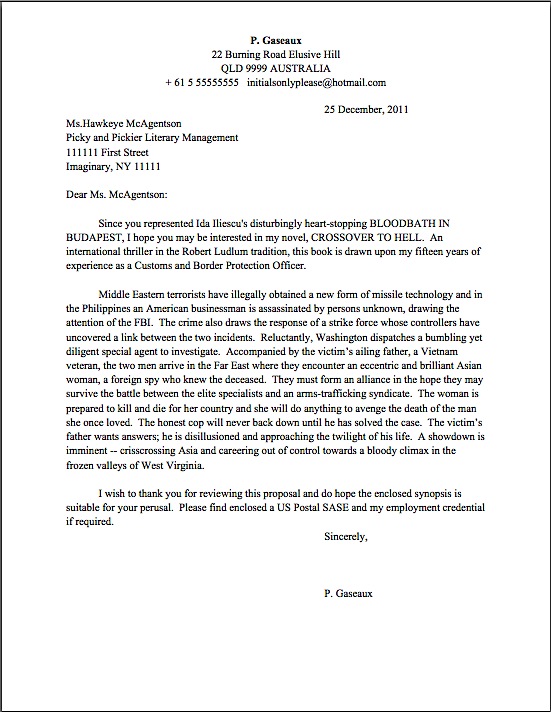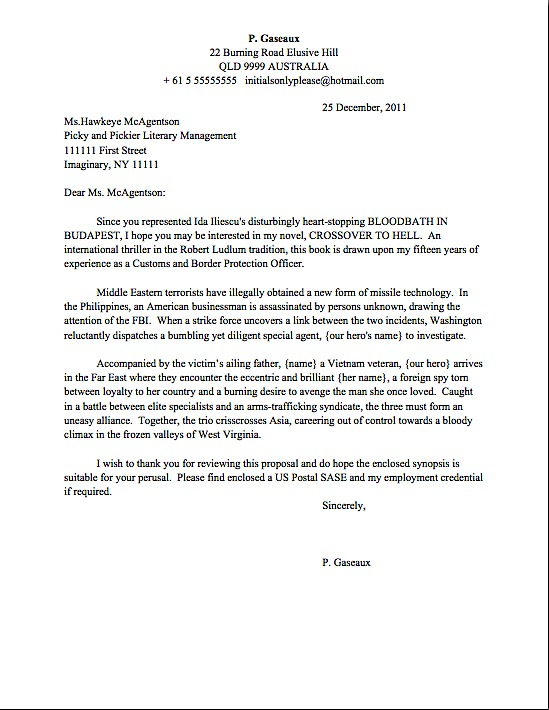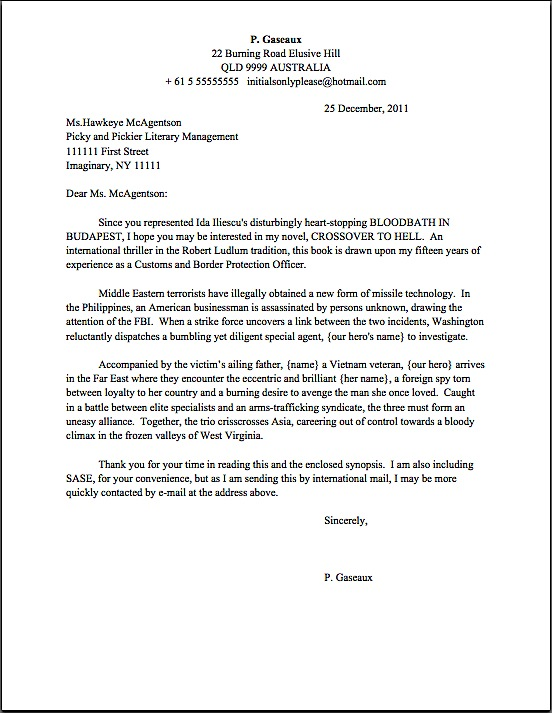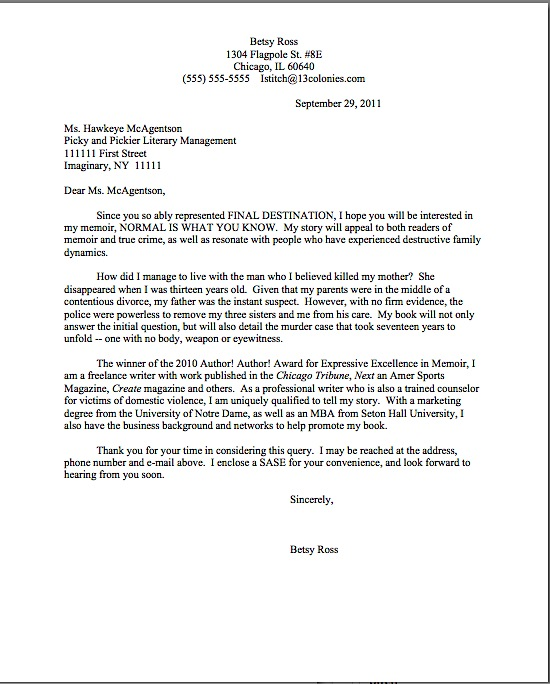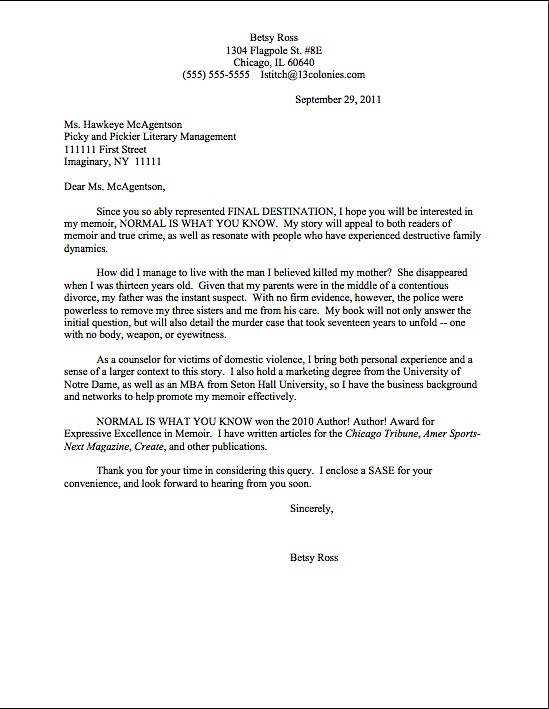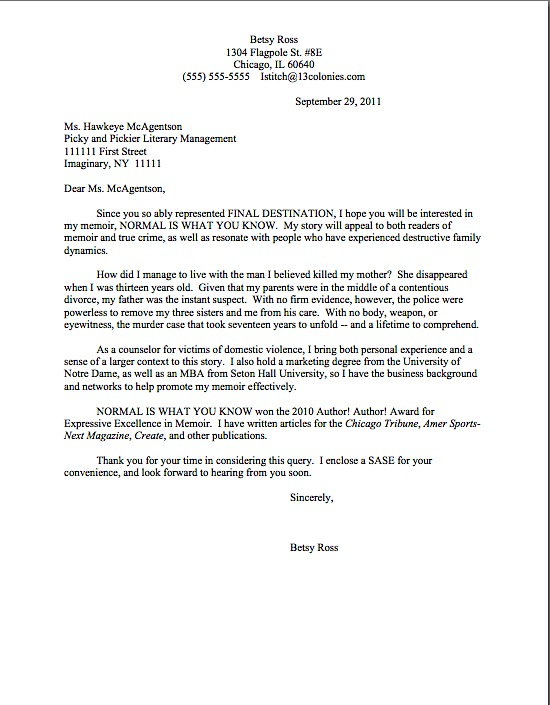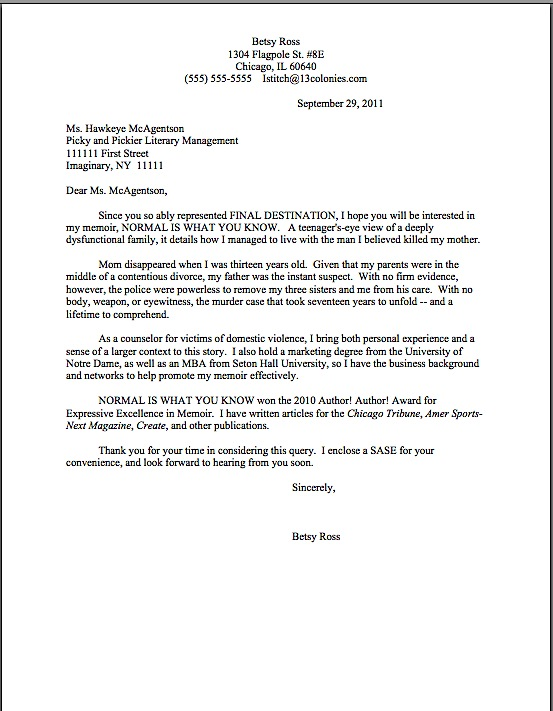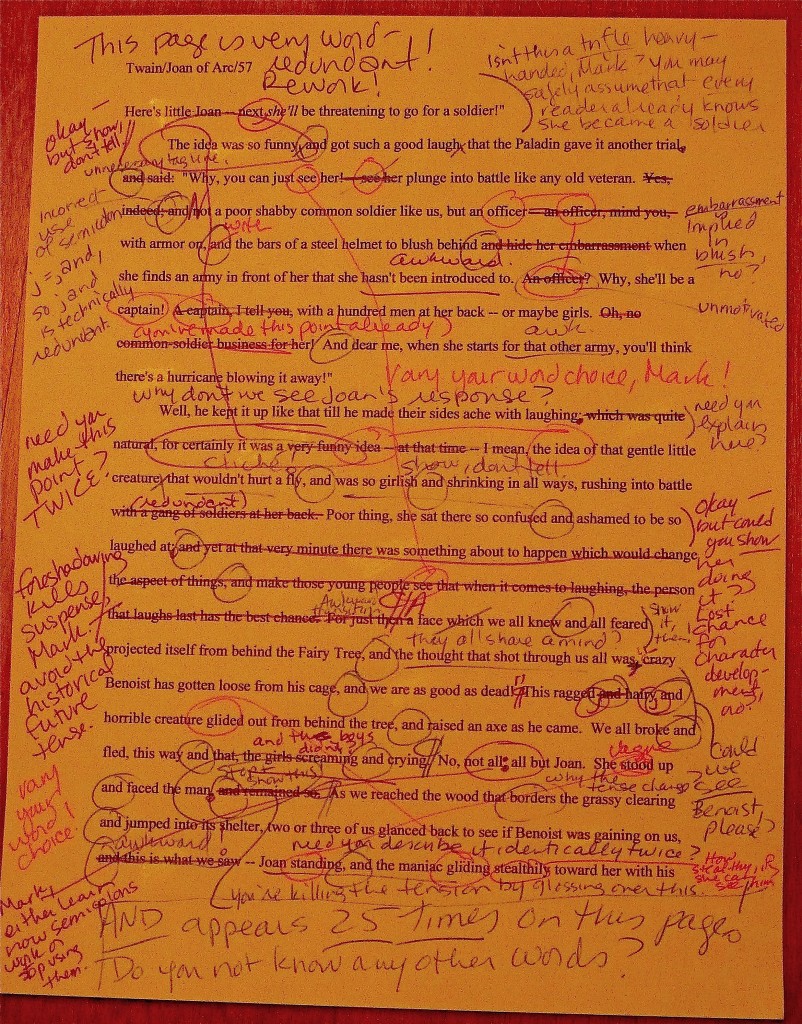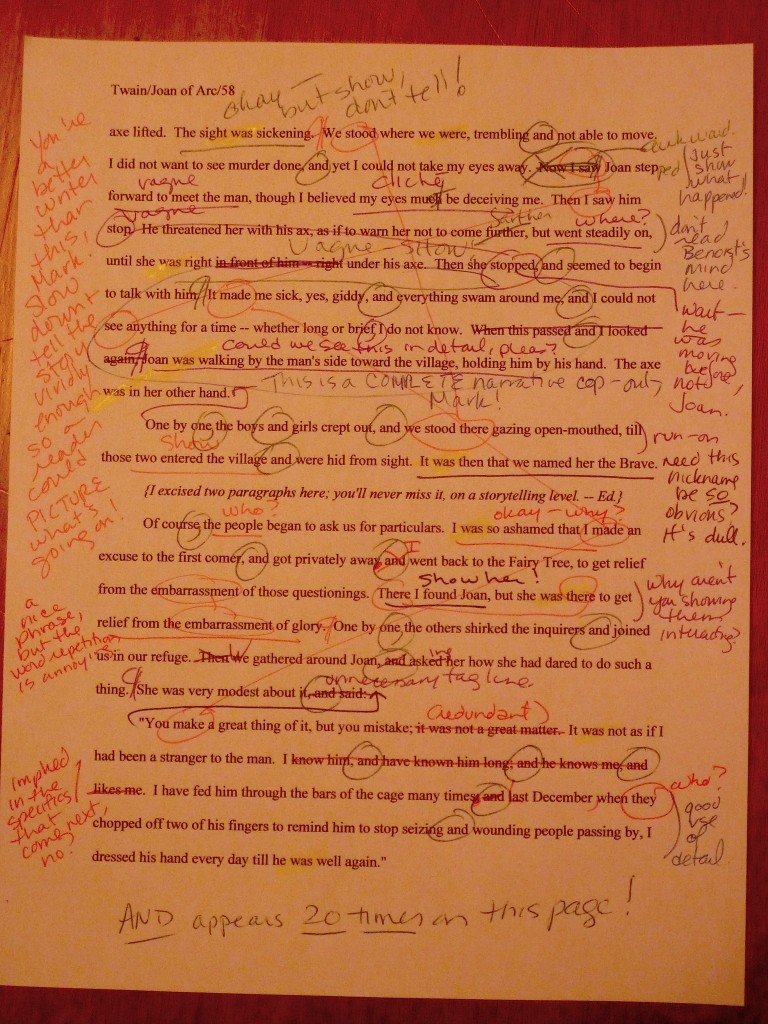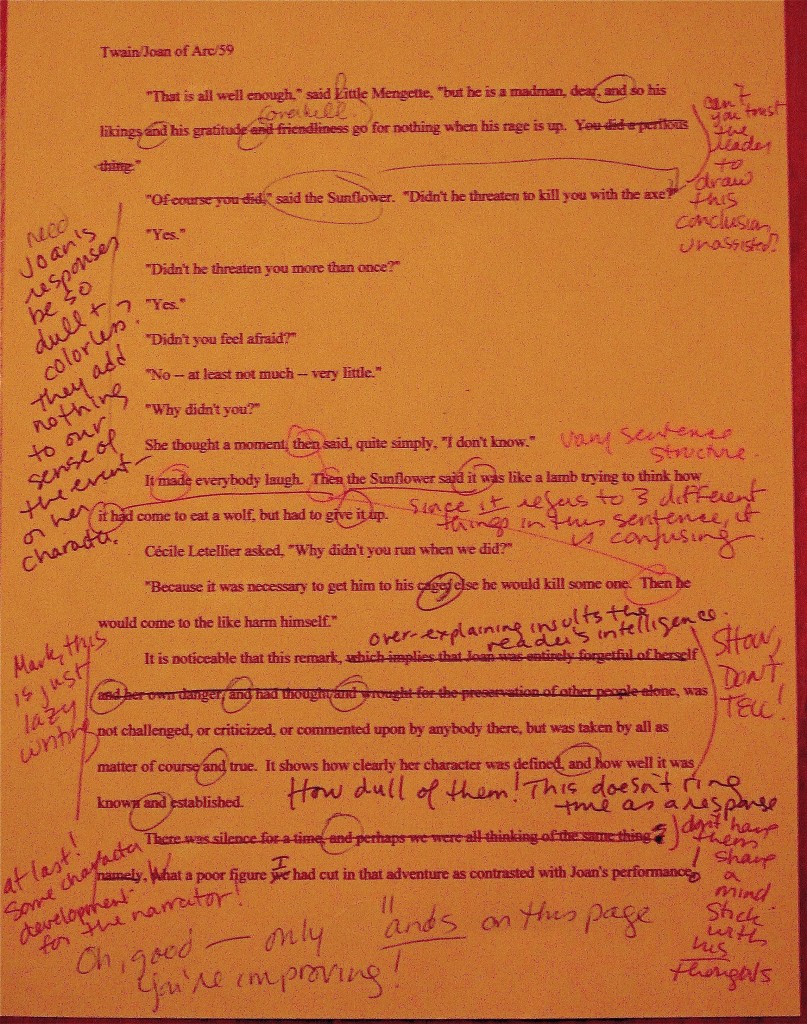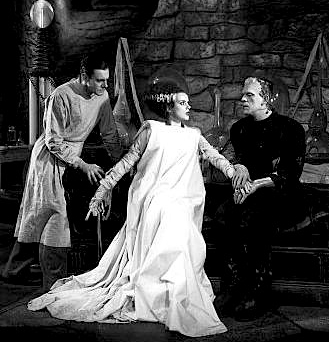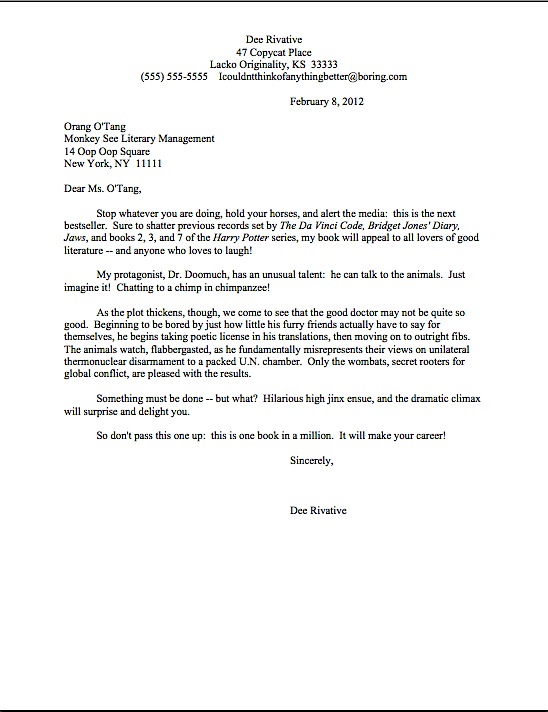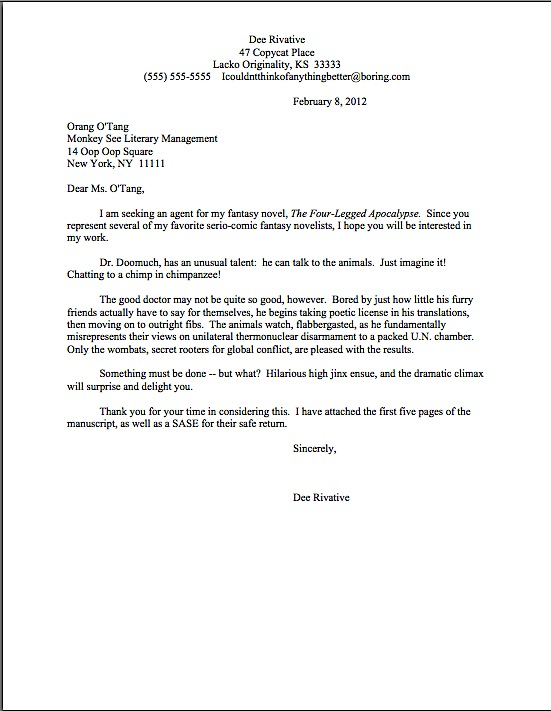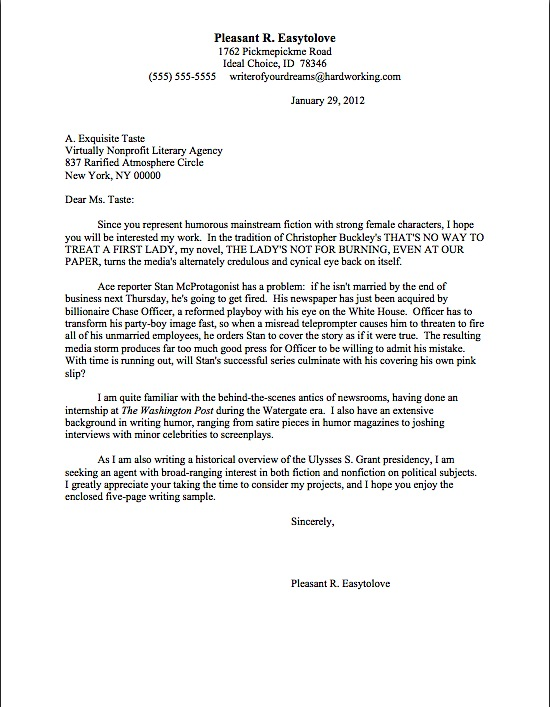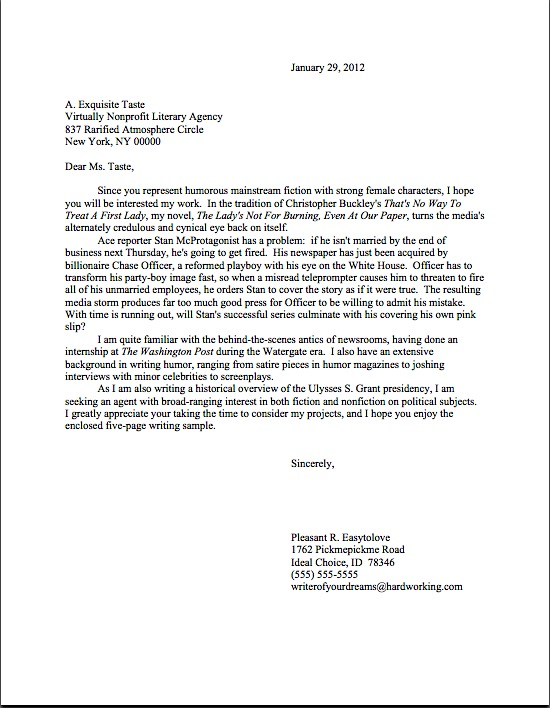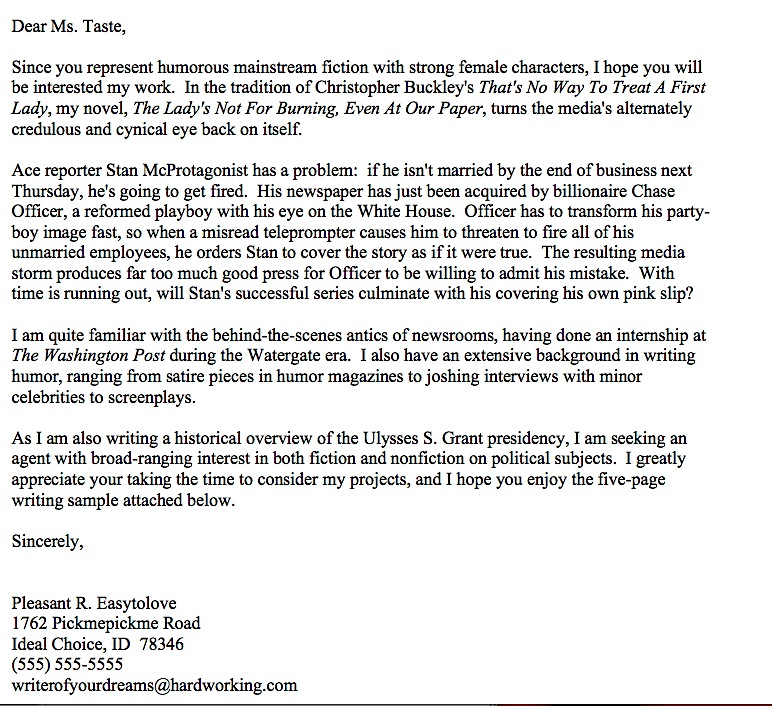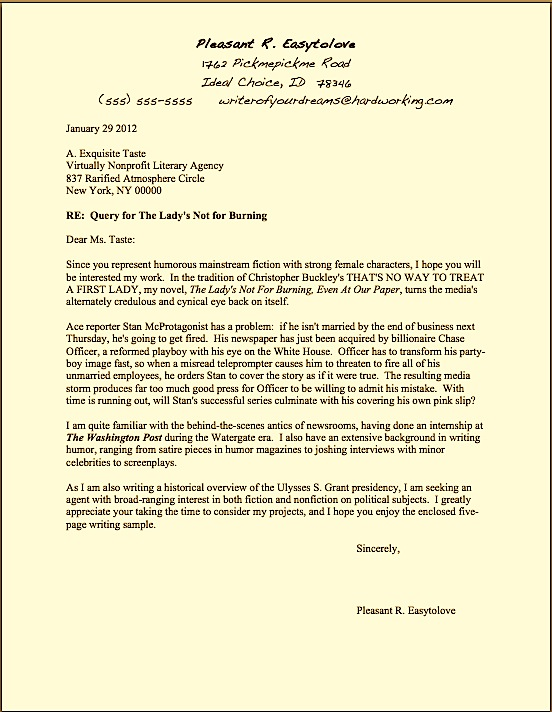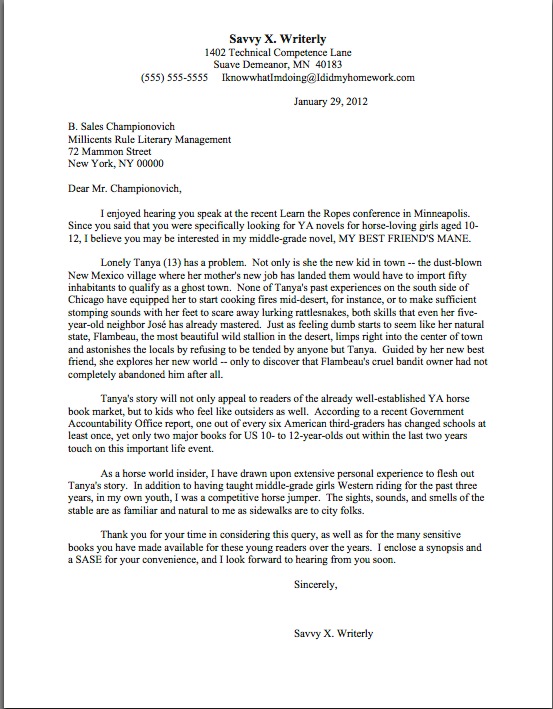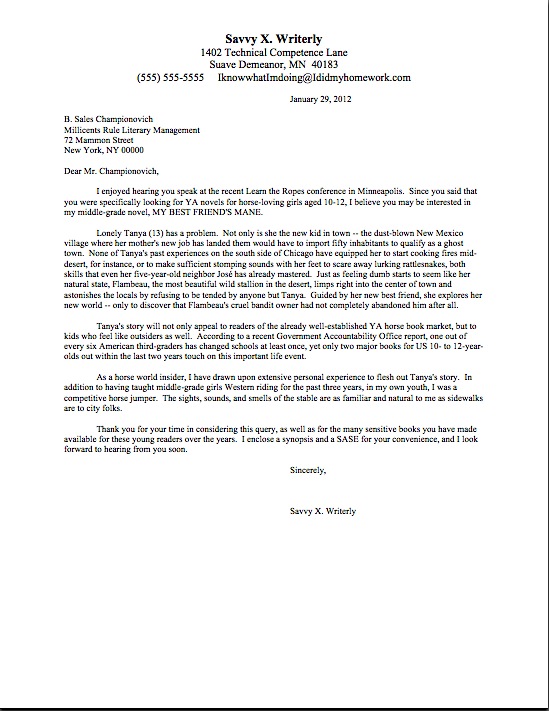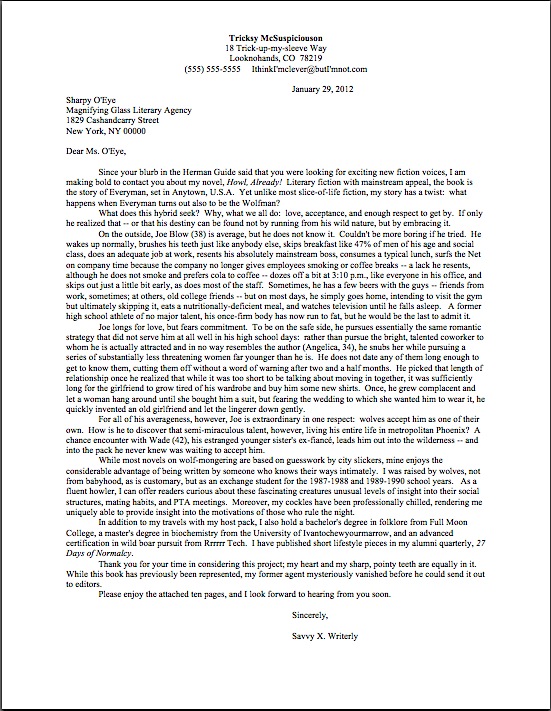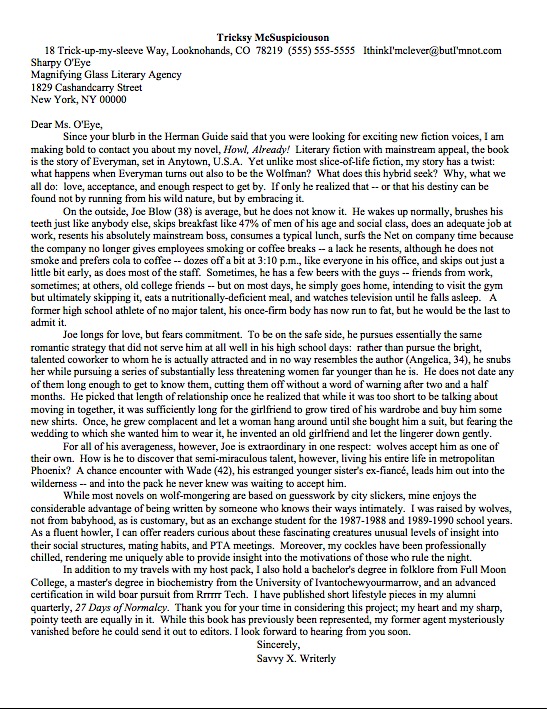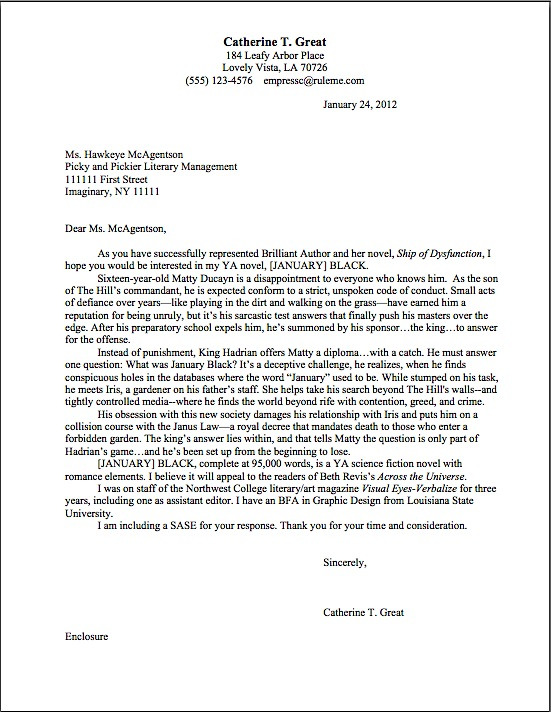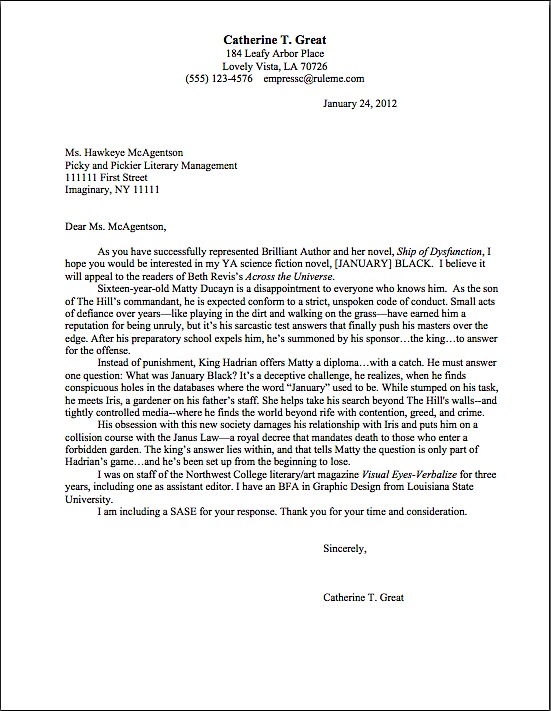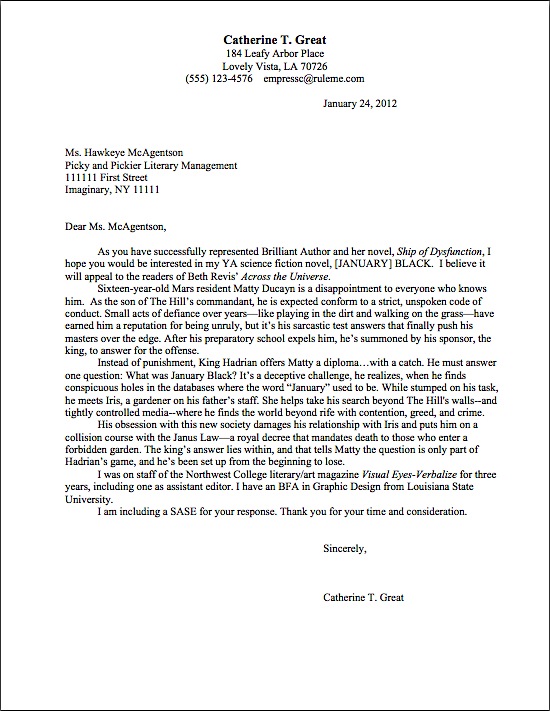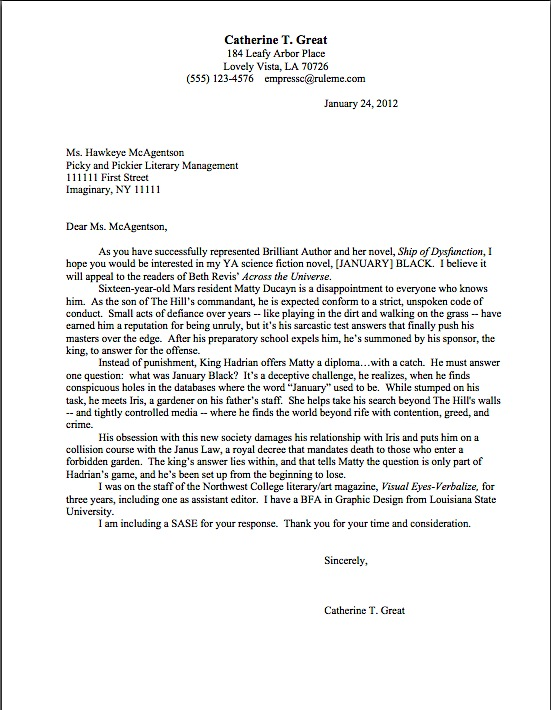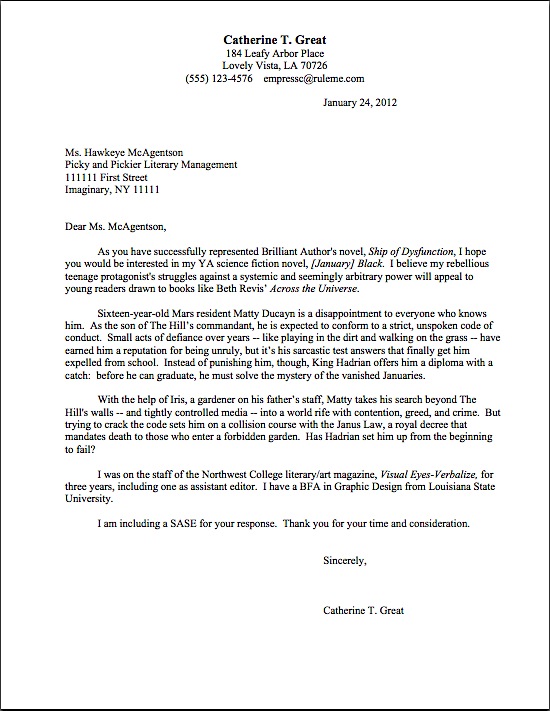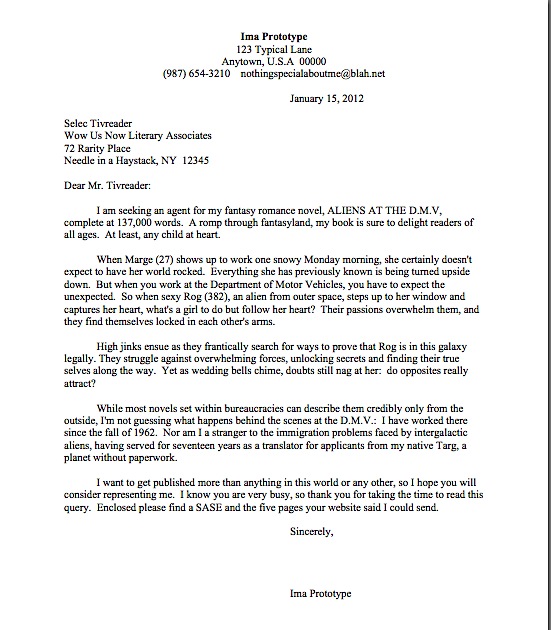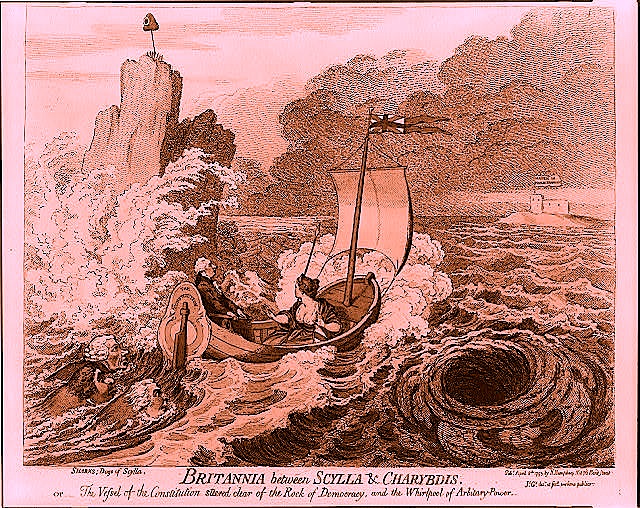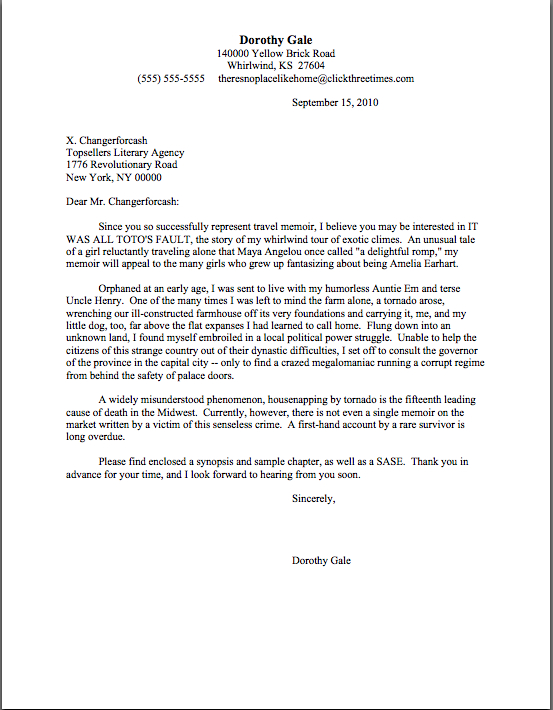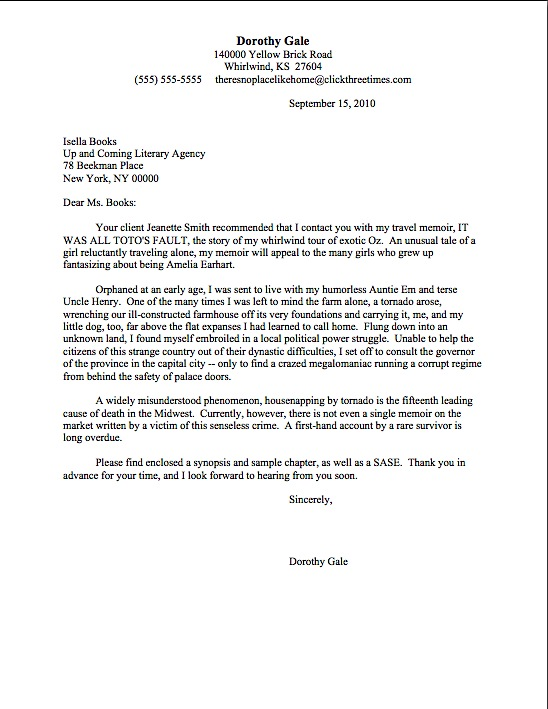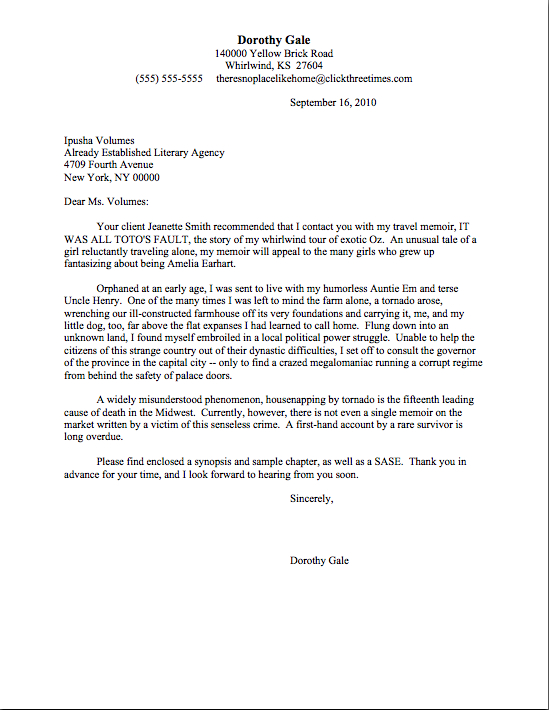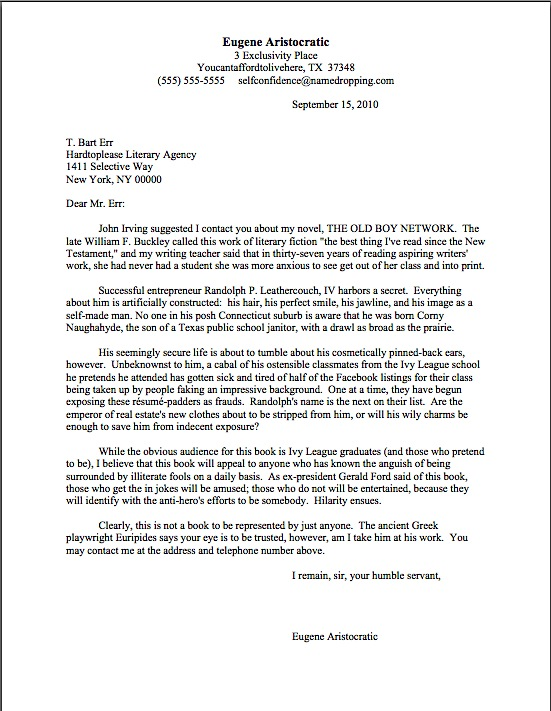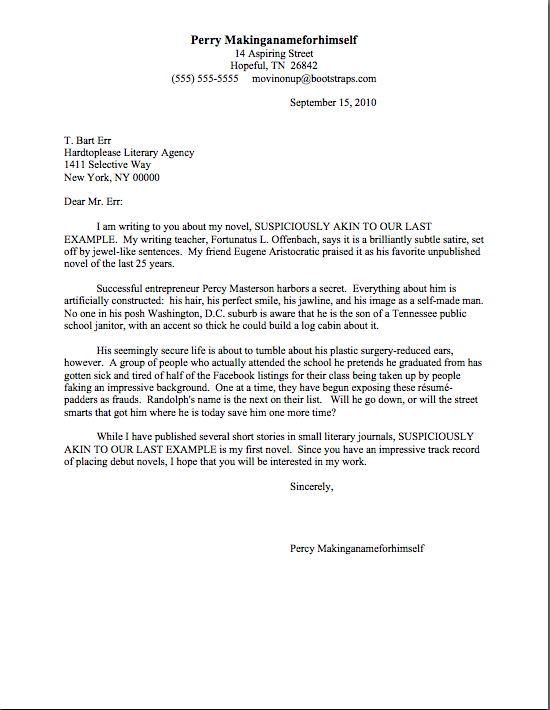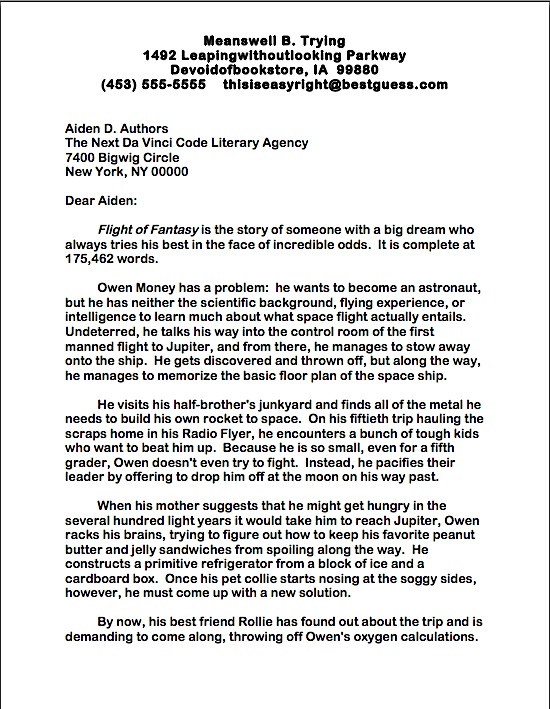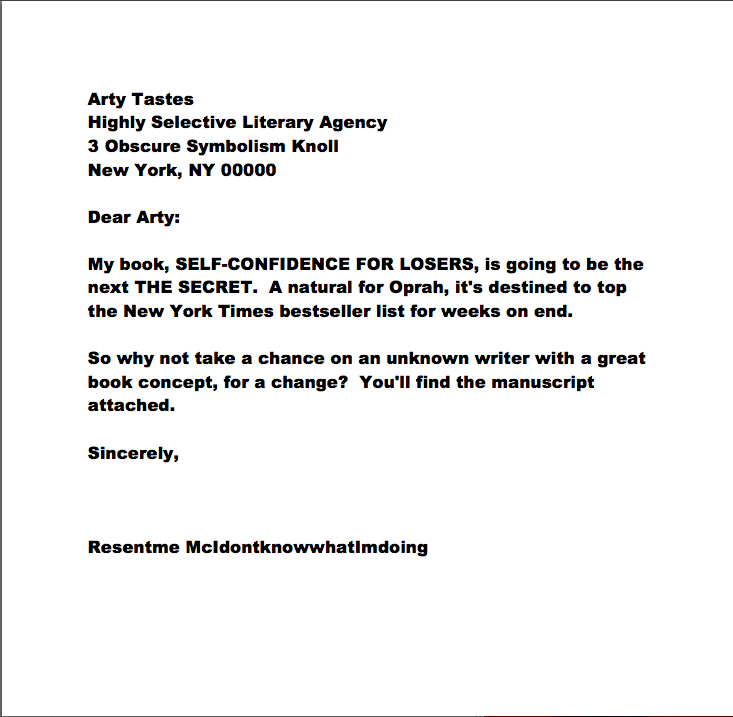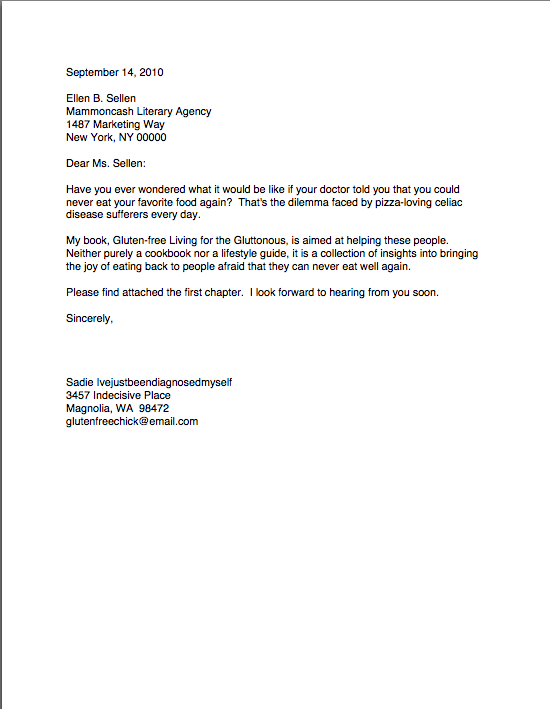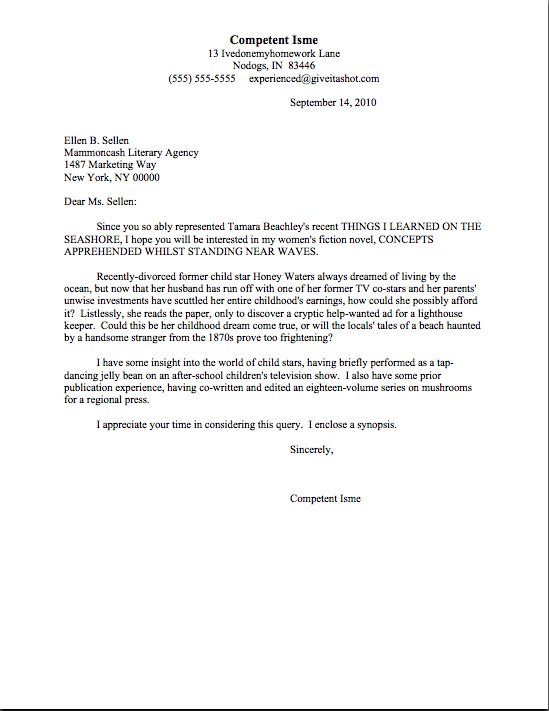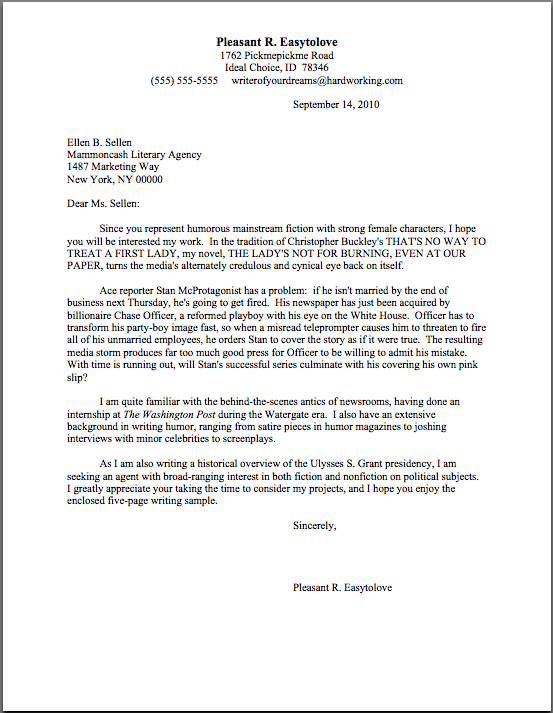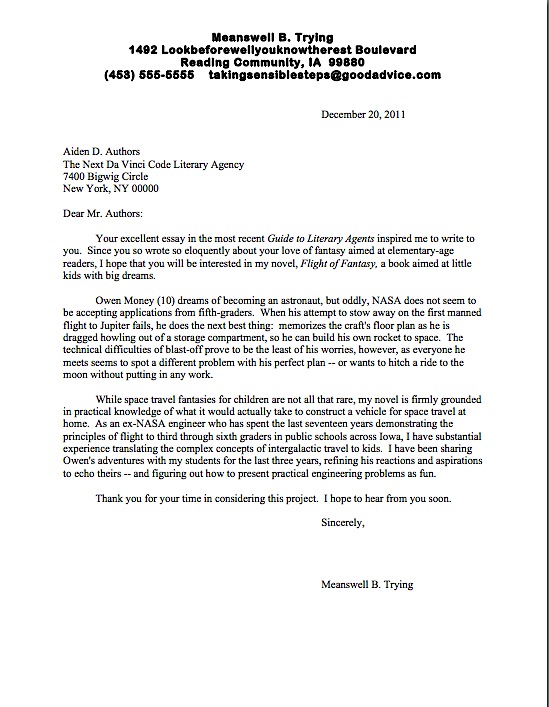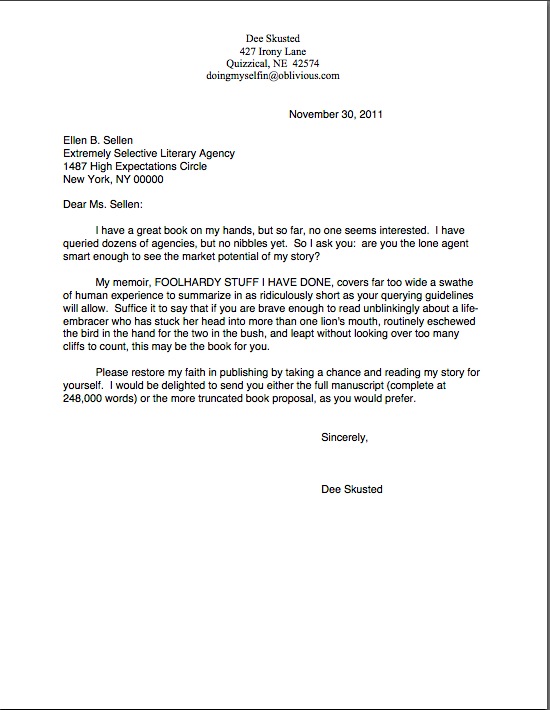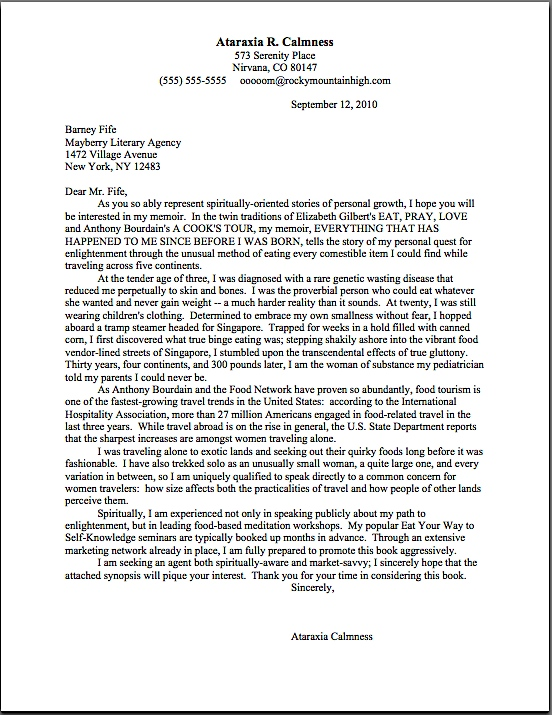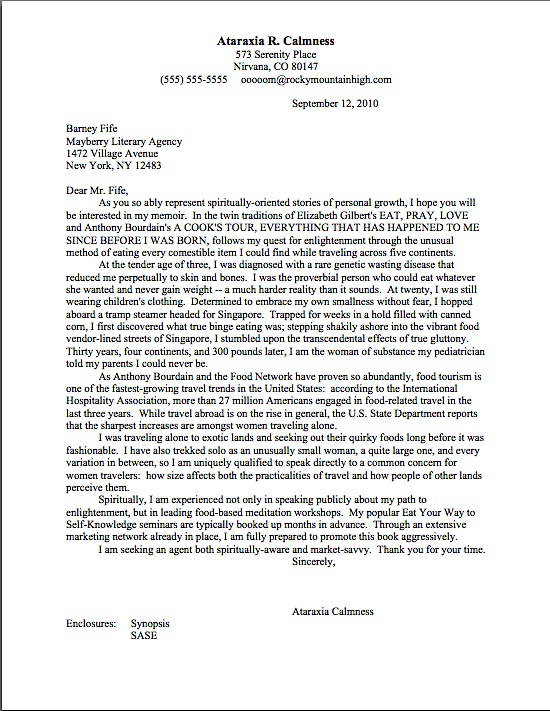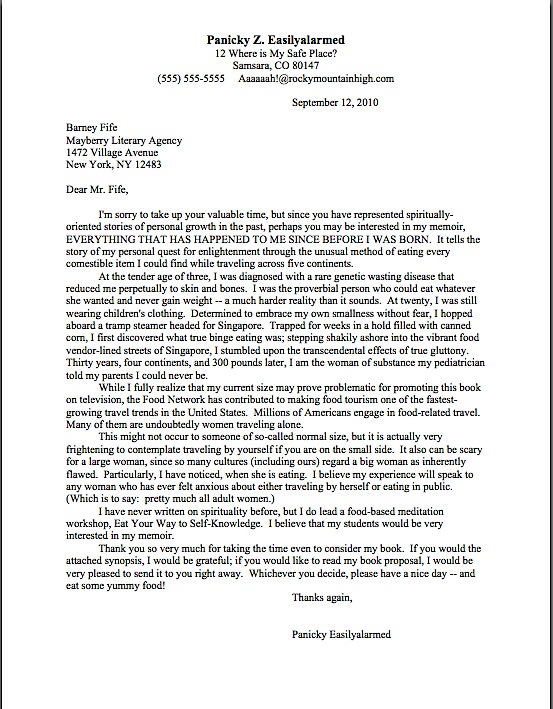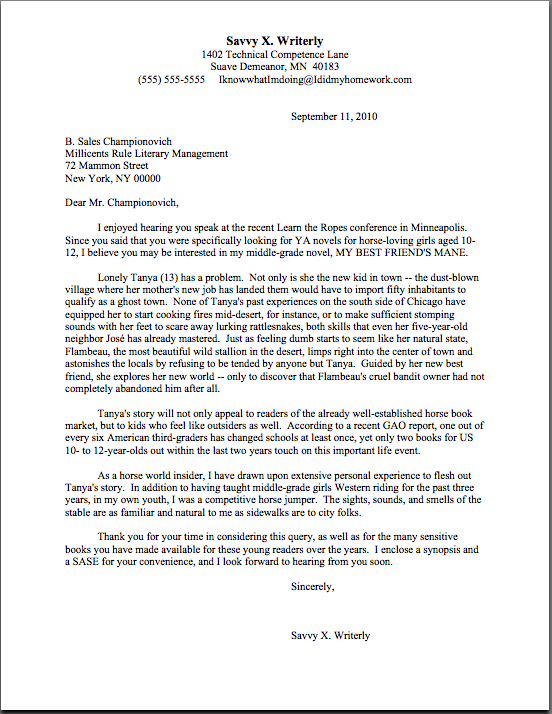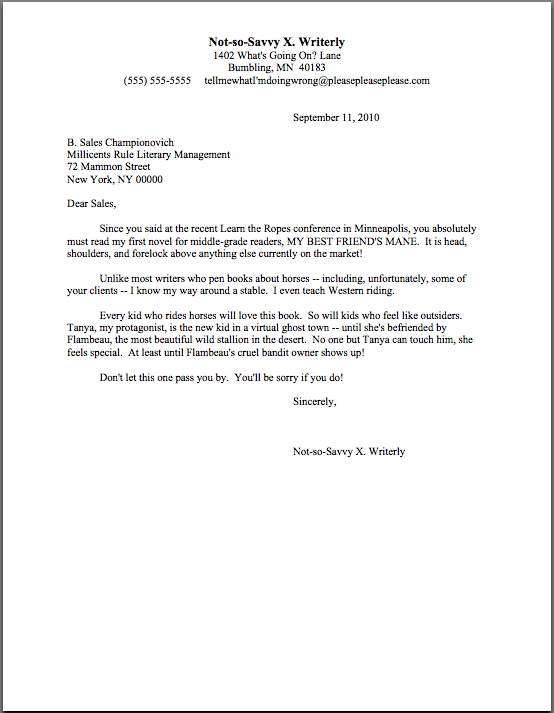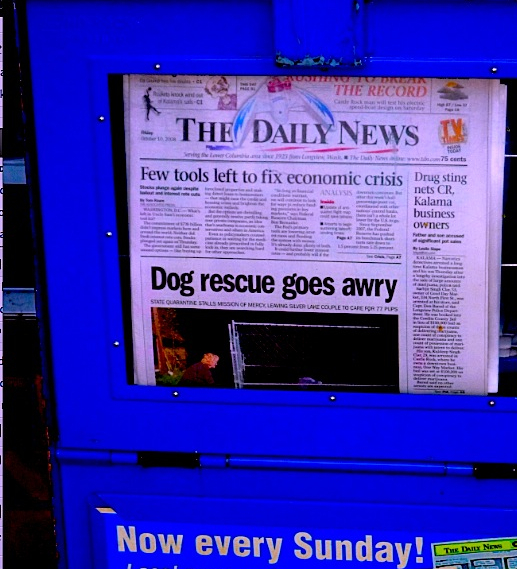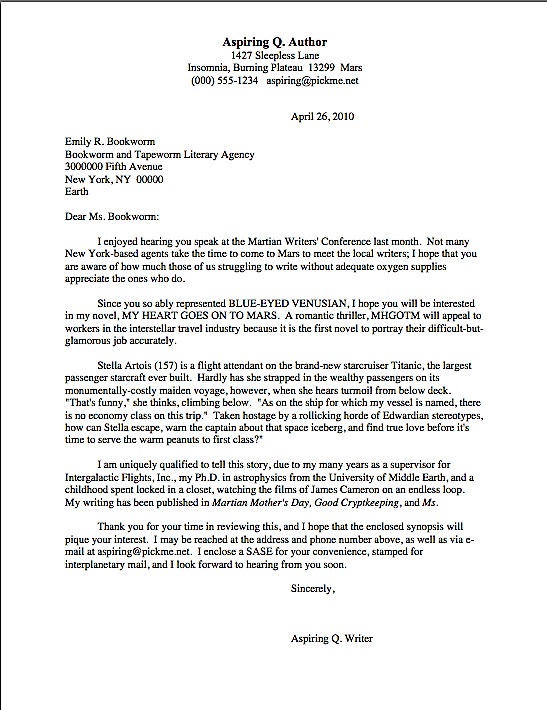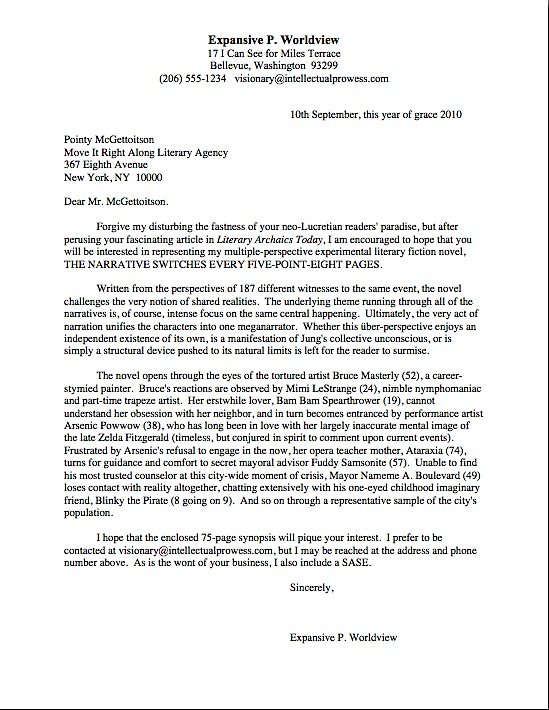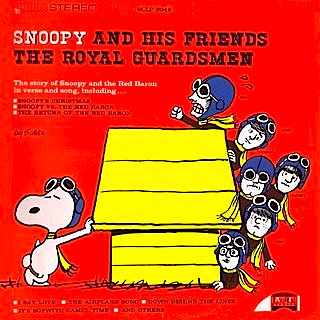Happy St. George’s Day, everybody! Traditionally, the streets of Barcelona are filled with rose sellers and bookstalls on this day: the custom has long been to give one’s love a rose and a book to mark the occasion.
Why the book? It’s Miguel de Cervantes’ birthday. DON QUIXOTE was one of the first large-scale bestsellers.
In the spirit of celebration, I’d like to share few bits of happy news before I launch into today’s peroration on all things repetitive. First, in recognition of William Shakespeare’s birthday (you still have an hour or so to run out and buy him a present, West Coasters, if you forgot to pick one up when you bought Cervantes’), magnificent historical novelist, lyrical actress, and all-around Bard maven Nicole Galland has written a lovely article on the Huffington Post about why his work remains well worth every English-reading person’s while. Nicely done, Nicki!
(And just between ourselves, Amazon is running an amazing deal right now on her soon-to-be-released novel, I, IAGO: today, they’re offering a whopping 32% off the cover price. Just in case you happened to be looking for a birthday present for anyone.)
As if that weren’t enough to set the Author! Author! masses rejoicing, brilliant fiction stylist and cook extraordinaire (isn’t it fascinating how often the two go hand-in-hand?) Bharti Kirchner’s fifth novel and eighth book, TULIP SEASON has just come out as an e-book, with trade paper to follow soon. This one’s a mystery, and thus a bit of a departure for this well-established literary novelist. Having read a couple of incarnations of this story — oh, you thought that once a writer became a professional, she dropped out of her critique group? — I have to say, I love her voice in the new genre. And that’s saying something, as I consider the ending of her novel Pastries one of my favorite of the last decade of literary fiction releases.
Why? Well, Bharti’s extraordinary eye for nuanced detail and subtle character analysis really shines here. I don’t want to give too much away, but here’s the publisher’s blurb:
A missing domestic-violence counselor. A wealthy and callous husband. A dangerous romance.
Kareena Sinha, an Indian-American domestic-violence counselor, disappears from her Seattle home. When the police dismiss suspicions that she herself was a victim of spousal abuse, her best friend, Mitra Basu, a young landscape designer, resolves to find her. Mitra’s search reveals glimpses of a secret life involving her friend and a Bollywood actor of ill repute. Following the trail, Mitra is lured back to India where she uncovers the actor’s ties to the Mumbai underworld and his financial difficulties –- leading her into a web of life-threatening intrigue where Mitra can’t be sure of Kareena’s safety or her own.
She had you at Bollywood actor of ill repute, didn’t she? It really is quite a ride.
Third, I decided this very morning that I am going to give in to the collective pleas of no fewer than seven apparently otherwise unrelated readers and run a series on the ins and outs of entering literary contests. Beginning later in this week (oh, you thought I had only one more post’s worth of things to say about structural and conceptual repetition?), I shall be talking at length and in my patented obsessive detail about how to select the contest most likely to recognize your particular writing gifts, how to read contest rules, how to follow them (not always the same thing), and most important of all to your entry’s success, what kinds of things judges seek and deplore in entries.
Having both won a major national writing competition and served often as a judge, I’m here to tell you: this stuff isn’t self-evident. Reading contest rules is an acquired skill.
Or so I surmise from the many, many questions I regularly receive on the subject; I have written about it at length before. As is so often the case, I had responded to the first two such requests this year with a cheerful suggestion that the question-askers check out my earlier posts on the subject, conveniently collected under the CONTESTS AND HOW TO ENTER THEM SUCCESSFULLY category heading on the archive list at right. By the fifth such question, I started to wonder if it wasn’t time to run an entire series about it again, rather then answering questions piecemeal. Then this very morning, when the seventh request rolled in, it occurred to me to check just how long it had been since I had tackled that Herculean task.
Let me put it this way: the last time I set aside a couple of months to blog about it, the economy was humming along just fine. So was the publishing industry: people were still buying new books in droves. . (One of the seldom-discussed aspects of the book world’s contraction: used book sales never declined; according to all of the data I have seen, they actually went up.) They were just the teensiest bit concerned about the rumored e-publishing phenomenon, but like every other fad, they were pretty confident that it would pass quickly.
It’s time, in short.
To make the timing seem even more apt, I’m going to resurrect my 2008 strategy of picking a specific contest to discuss. Why? Well, it’s always helpful to have a concrete example when talking theory — and, let’s face it, it’s more fun if we’re all working on a project together. This time around, I shall be taking a hard, close look at the entry guidelines for the Words and Music, November 28 to December 2. Dare I hope that I will see some of you accepting top honors there?
Okay, back to our business already in progress: craft. Specifically, that most pervasive of submission bugbears, word and phrase repetition?
Surprised that I have so much to say on the subject? Unfortunately, that’s a reflection of submission reality: just as every spring brings a fresh crop of tulips, similar to last years yet not the same, poor Millicent the agency screener’s inbox is continually refilled with manuscript that repeat themselves. And repeat themselves. And did I mention that they repeat themselves?
Not always as obviously as I just did, naturally — although you would be surprised how often even page 1 of a submission contains the same word or phrase three or four times. Why might that be the case? Quite a few, many, and/or a proportion of the writing public, the pushers of the pen, the haunters of the keyboard seem predisposed, have a tendency to, or just plain enjoy saying the same thing, speaking a similar concept, and stepping into the same river twice. Or thrice, three times, a trilogy. Or just plain throwing caution to the winds, grabbing their destinies with both hands, and jumping in that stream with both feet.
Are you thanking the Muses that most human characters possess only two feet, so the narration could not keep revisiting them until there seemed to be seventeen? I assure you, Millicent would be. She sees enough conceptual redundancy in one day of screening to compile her own dictionary of euphemisms.
And enough repetitive information to drive her to distraction. So does her aunt, our old friend Mehitabel the veteran contest judge. “Why are you telling me this again?” they wail in unison, rending their respective garments. “Are you afraid that I didn’t catch this particular plot point when it first appeared three pages ago? Or do you think I did read it, but I’m just a…”
Because my readership possesses such tender sensibilities, I shall spare you the word those of us who read for a living almost universally apply in these instances. Suffice it to say that it rhymes with squidiot.
As in, “What does this writer think I am, a squidiot?”
Alas for many an otherwise admirably-written manuscript or contest entry, the presumption of squidiocy is a common bugbear for new writers. It’s the squid that whispers in their ears, “Tell, don’t show,” and not just because squids are notorious shortcut-takers. Yes, it’s usually quite a bit quicker and easier to summarize action, dialogue, or emotional response with flat statements — Ambrose was sad. The pair discussed their marital difficulties. Melissa ran up fifteen flights of stairs, turned right, and sent the haunted portrait hurtling to the marble floor below. — rather than showing them through a series of specifics. But convenience is not the squid’s best lure for a rookie writer.
What is? Taunting her with the horrifying possibility that the reader might not draw the correct conclusion.
Has the squid just released a small battalion of you from its capacious arms, or are many of you shouting because you’ve had an insight? “But Anne!” the liberated masses shout. “That’s not what the classic writing advice show, don’t tell means, is it? I’ve always assumed that it referred to the proportion of action to contemplation in the text. Rather than having my protagonist sit around and analyze what’s going on, I’m supposed to stuff my scenes with conflict, right?”
That’s certainly good writing advice, former squid victims, but that’s about avoiding an equally common Millicent-irritant, the passive protagonist. By all means, consider excising scenes in which your protagonist ponders over coffee/tea/a beer/a meal/his cat/the steering wheel of his car what the reader has just seen happen. Ditto with the dialogue in which he explains it all to his best friend/partner on the police force/mother/George, the fellow that lives in his head, because, let’s face it, that’s recapping.
And, frankly, too much recapping can slow a novel’s pace to a crawl. Not to mention endangering Millicent and Mehitabel’s garments. “We just saw this happen!” they moan, shredding their hems. “What kind of a squidiot would I have to be to require a reminder that Hortense fell off a cliff in the previous chapter? In what kind of novel would that not be memorable?”
That’s a different problem than telling the reader what to think about it all, however. Show, don’t tell is what the pros bark at text that consists mostly of summary statements about relationships, activities, emotional states, etc. Instead of setting out a series of actions, revealing gestures, subtly suggestive dialogue, and so forth to demonstrate what is going on, trusting the reader to be intelligent and sensitive enough to draw the correct conclusions from that array of clues, the narrative simply states those conclusions. Or, as is astonishingly common in submissions, both shows the clues and tells the conclusions.
Not quite sure what each option would look like in practice? Okay, here’s a told interaction.
Blue to the bone, Miss M. walked across the room and sat on a tuffet. She was starving. “Where are my curds and whey?” she called crossly.
She was startled by the spider that dropped down beside her. He was polite, but he frightened her away.
Not devoid of interest, stylistically speaking, but hardly a subtle demonstration of human-arachnid relations. Here’s that same series events, shown rather than told.
Miss M. dragged her feet, listless, toward the kitchen, nearly deafened by the rumbling of her stomach. Halfway across the dusty floor, her legs crumbled beneath her. Thank goodness, a tuffet was handy.
“Where are my curds and whey?” she called. “Dag nab it, Goldilocks, you were supposed to have dinner ready an hour ago.”
A cold and slimy leg tapped her on the shoulder. “Excuse me,” a spider as big as a Volkswagen said, “but I believe that’s my seat.”
Palpating, she watched the venom form on its fang, threatening to drop into her eye. She wrenched herself off the tuffet and fled the room.
Makes for more engaging reading, does it not? That’s because the storyline is presented through specifics, not generalities. Yet the intended meaning comes across just the same; the reader is simply presumed to be free enough of pernicious squidiotic influences to be able to follow what’s going on without being told outright.
For the sake of argument, though, let’s allow the dreaded assumption of squidiocy to pervade the narrative. Here’s what might happen if the squid persuaded our example-writer that Millicent could not be relied upon to conclude that two plus two might render something in the neighborhood of four.
Miss M. dragged her feet because she was listless. She was headed toward the kitchen, nearly deafened by the rumbling of her stomach; she was hungry. That trip took her halfway across the dusty floor, where her legs gave out beneath her, as she was tired. Thank goodness, a tuffet was handy, so she sat on it.
“Where are my curds and whey?” she called crossly into the kitchen, where her fellow fable inhabitant was cooking. That’s what kitchens are for, in case you didn’t know. “Dag nab it, Goldilocks, you were supposed to have dinner ready an hour ago. I am hungry, so I would like to have it sooner.”
A cold and slimy leg tapped her on the shoulder. It belonged to a spider as big as a Volkswagen hanging over her, attached by a thin strand of web from the chandelier. “Excuse me,” it said, “but I believe that’s my seat.”
She reacted with horror. Palpating, her heart beating fast, she watched the venom form on its fang, threatening to drop into her eye, where it might poison and even kill her. Fearing for her life, she wrenched herself off the tuffet and fled the room to the kitchen, where her friend was. Goldy might save her; she had bear-fighting experience.
A trifle over-explained, isn’t it? Cue the garment-rending: “What does the writer of CHARACTERS FROM THE NURSERY IN SEARCH OF AN AUTHOR think I am? A — wait for it — squidiot?
No, Millicent and Mehitabel, the writer of that last example or any of the hundreds of thousands like it you have seen does not think you are a squidiot (although s/he may harbor that suspicion about the end reader). In all probability, s/he merely thought s/he was being thorough.
Or that the phrasing was so nice that it bore inclusion. Or because another part of the scene/chapter/book was running long, and the writer thought that s/he should bulk this part up for balance. Or — and this motivates writers more often than any of us care to admit — s/he just liked the way it sounded and/or looked on the page.
Unfortunately, writers often like the look of certain phrases a little too much — and not necessarily, as most professional readers presume, because they simply love the sight of their own words on the page so much that they cannot bear to cut a single one of them, or because they are so arrogant about their talent that they believe no one will care if they reuse text or concepts, as many contest judges reluctantly come to believe.
I think there is something else going on here, benign in intent but inadvertently harmful to the texts in question. I illustrate the phenomenon with a parable.
Around this time last year — the tulips had just begun blooming, as I recall, in slightly inaccurate salute to St. George — I was puzzled into wakefulness by my significant other’s waving a soy latté and a freshly-baked pretzel under my nose. A new German bakery had opened in our neighborhood, and he’s terrified that it will go out of business without our daily support. A reliable source for Black Forest cake and hot dogs baked into the middle of pretzel dough is not to be taken for granted, after all.
Now, I’m as fond of a good pretzel as the next person, but at 8 a.m., I must confess, my tastes run much more to sleep. If I must be awake, a cup of tea is more my cup of tea. Even if it were not, obtaining mustard-laden foodstuffs would not be my first order of business before, say, five p.m. Nor is rock salt my favorite pillow covering, given my druthers.
Rick, however, subscribes to the surprisingly pervasive school of thought that holds what a person has said she liked once, ever, will come as a pleasant surprise to receive at any randomly-selected moment for the rest of her life. He’s the type of person that will give an 87-year-old a teddy bear for her birthday, because she collected them when she was 50, still liked them at 69, and smiled wanly when he presented her with one while she was blowing out 86 candles. Never mind that every surface in her apartment is covered with the darned things: she liked getting one once, therefore she must enjoy the replication of the experience in perpetuity.
He’s presuming, in short, that she’s the kind of squidiot who enjoys books that explain basic concepts over and over to her. “Show me that generic dialogue one more time,” he must imagine her begging. “The part where everyone is so polite that the characters are indistinguishable from any other people on the planet.”
That being his view of humanity, I suppose I should not have been surprised that his response to my expressing surprise at the advent of a warm pretzel in my mouth was that I had apparently enjoyed a remarkably similar pretzel only two afternoons before. Which, of course, would render it even less likely that I would want another one now, but just try explaining that to a kindly soul in the clutches of a manipulative squid.
The pretzel was turning out to be pretty tasty, though, so rather than take the time to explain at length that piling on more of a good thing does not necessarily improve, well, anything, I decided it would be the better part of valor to thank him graciously and bear my unusual breakfast into a more appropriate environment for consuming something warm and squishy. As I fled, I marveled at how, once again, the muses had tumbled all over themselves to provide me with a delightfully apt metaphor for a craft issue you and I were already discussing.
Oh, wasn’t the parallel instantly self-evident? Allow me to recast it as a self-editing aphorism for the ages, then: what might read beautifully as a stand-alone sentence may not work as well within the context of a page of text. Varying word choice and sentence structure will usually provide the reader with a more pleasurable reading experience than a narrative’s insisting that if something looked good on the page once, it will necessarily look great if it’s repeated.
Resist all sea creatures that tell you otherwise. Millicent and Mehitabel will thank you for it.
Again, I’m sensing that for some reason best known to yourselves, a hefty proportion of my audience would like to see a concrete example of the phenomenon — nay, perhaps several — so you may recognize it in its natural habitat. It comes in a variety of stripes. There’s the version in which favorite phrasing and/or sentence structure is repeated close together, often for rhythmic effect:
What did she want? Mostly, she knew what she didn’t want. Snow White had had it with dwarves. She had had it with princes. Heck, she had even had it with being a princess.
All she wanted, all she ever had wanted, was to be wanted. What was wrong with wanting that?
Or, as Millicent and Mehitabel would see it:
What did she want? Mostly, she knew what she didn’t want. Snow White had had it with dwarves. She had had it with princes. Heck, she had even had it with being a princess.
All she wanted, all she ever had wanted, was to be wanted. What was wrong with wanting that?
Just a touch term-repetitious, is it not? Ditto with the sentence structure. Either can induce garment-rippage, I’m sorry to report.
“I get that the writer wanted to establish a rhythm here,” Millicent mutters, “but what kind of a squidiot would have a vocabulary this small? I certainly don’t, and I doubt the readers of a book like this will, either.”
Don’t believe that an isolated and obviously purposeful repetitive pattern would rise to the level of clothing endangerment? Okay, what if the manuscript in question also exhibited another ubiquitous stripe of repetition, tactic reuse? 37 pages after our last example, this gem accosted our Millie’s weary peepers.
Rapine was so tired of indecision, tired of equivocation, tired of not being able to make up her mind. She didn’t really know what she wanted out of life, but she had reached some conclusions about what she didn’t want. She wanted to be free of the tower. She wanted to be free of her Guardian Witch. But mostly, she wanted to be free of the crushing weight of all that hair.
All she wanted, all she had wanted since she was sixteen, was a sharp pair of scissors. What was wrong with a girl’s wanting a new hairstyle? It’s not as though her future depended upon sporting two-story locks.
Starting to get to you a little, or is the squid still murmuring in your ear that this is just an example of a unique voice demonstrating its uniqueness at two different points in the text? Sorry, Squidbo, but repeating the same words and structures over either the course of a paragraph or the course of a book is the opposite of original: it’s a style choice Millicent and Mehitabel see every day. Imagine, then, the state of their clothing after encountering this gem 153 pages later.
“How dare you accost me?” the first little pig said quavering under the remains of his straw house. “What you want of me that could not have been equally well accomplished by knocking politely?”
The rather large and certainly evil wolf scratched his furry head. “Oh, what do any of us want? To be wanted, I suppose.” He flopped down on the scattered straw. “Man, I’m depressed.”
Piggie rooted his way through the debris to sit by the wolf’s side. “I hear you, Wolfie, but had it ever occurred to you that we might all feel that way? That it might be the fairy tale condition? That it might even be perfectly normal not to know what you want?”
“Ah,” the wolf said, thoughtfully buttering the top of the pig’s head, “but we all know what we don’t want. We don’t want hate. We don’t want war. And as God as my witness, I don’t ever want to be hungry again.”
Is that pretzel starting to taste a little stale? Or would you like another one? No? How about now?
What’s that huffing and puffing I hear out there? Is someone trying to get into my house, or do a few of you want to make a collective observation? “Oh, come on, Anne,” those of you who have not reread your manuscripts recently object, gnawing your fingernails, “this last one isn’t very similar to the first two. Certainly not garment-rendingly similar. I’ll give you that the level of word, phrase, and sentence structure repetition is a bit extreme in the first two examples, but presumably, they didn’t bug M & M too much to read on. Aren’t you picking nits here?”
It’s my job to pick nits, rereading-avoiders. The same might be said of Millicent and Mehitabel. Which is why I can assert with confidence: in a submission, that last passage might as well have been stamped in bright red ink: DITTO. Not only is the trope about knowing and not knowing one’s own desires conceptually redundant (and, let’s face it, not all that original in the first place), but the galloping three-part sentence structure gets a trifle dull to read. At minimum, it encourages the eye to skim.
Admittedly, though, that might not strike writers less eagle-eyed than your good selves. Let’s take a peek at another common species of structural repetition, to see what too-similar sentence structure too close together on a page can do to even a conscientious eye. (Yes, yes, I know: body parts seldom have their own independent motivations. The squid made me do it.)
This time, try our trick of backing up from the computer, then walking slowly toward the screen. As soon as the words come into focus, try reading the following as fast as you can.
“Oh, go away,” Beauty moaned, pulling a silken pillow over her head, “and take your pruning shears with you. Can’t you see I’m trying to sleep?”
“But I fought my way through the briars for you, and I climbed over a fence,” the prince protested. “A stone wall blocked my path, and a pit of snakes slowed me down. Brickbats the size of baseballs beat upon my head, and a dragon singed my toes. Can’t you even make the effort to roll over and look at me?”
Angrily, she complied. “Look, buddy, I don’t know what manners are like where you come from, but in these parts, it’s considered rude to barge into someone’s chamber and start slobbering all over them. Can’t you make any allowance for local mores?”
“But I swam the moat and scaled the castle wall! I toted that barge and lifted that bale. I got a little drunk and I landed in jail.” He clutched at his head. “No, that’s not right. Can’t you see I’m exhausted here?”
Beauty tossed a pillow at him. “Try taking a nap. That’s what I’m going to do.
Notice any visual patterns? All of those rhetorical questions beginning with can’t you, for instance — did your eye try to skip directly from one capital C to the next, without reading what came between? And what about the fact that almost every sentence the prince uttered (as opposed to his stab at rhetorical question-asking) was structured identically: I did X and I did Y? Didn’t all of those ands distract you?
Okay, maybe they didn’t; the squid may have been living with you a bit too long. (You know what Ben Franklin said about fish and houseguests, right? They both begin to stink after three days. And if you think that was a long way to go to make an analogy, well, you have a point, but you wouldn’t believe how often Millicent and Mehitabel encounter this kind of failed humor attempt. The squid is almost as fond of telling writers they are funny as it is of urging writers to explain the obvious.) You must admit, though, that so much structural repetition quickly became pretty boring to read.
And that goes double for concept repetition, even over the course of a fairly lengthy run of text. Or are you saying that you don’t wish I would stop harping on the squid?
The same holds true, believe it or not, with repetitive characterization, recycling the same descriptors or actions every time a particular character sets foot in a scene. Our squiddy friend often tries to convince aspiring writer’s that’s a good idea. Many’s the manuscript in which the hero’s sidekick utters something like, “Well, beats me!” every time the pair meets a challenge, or in which the heroine’s sister sneezes every time a window opens. That makes the character in question memorable, right?
Perhaps, but not necessarily in the way you might hope. As a tactic, this stripe of conceptual repetition seldom works on the page. Trust me, by this late date in literary history, any reasonably experienced Millie or Mehitabel will already have seen thousands of characters announce themselves through personal stock phrases and/or activity tics that this characterization will strike her as neither effective nor amusing.
So how will it strike them? As redundant. And, if the dialogue keeps throwing around a stock phrase, repetitive as well.
At the risk of seeming to beat a dead horse, cross the same river twice, and not learn anything from experience, may I add that the same principle applies to retreads of descriptions, reused metaphors and too-similar similes? I’m not just talking about rhapsodizing about every flower in a garden-centered romance as fragrant as a breath of spring or consistently referring to the protagonist’s nefarious boss’ face as frog-like. Although that is indeed annoying for the reader: if you’d like Millicent and Mehitabel to remain fully clothed, varying your descriptions is a good place to start.
No, I’m warning you against waxing poetic about the wolfish fierceness of Brent’s eye on page 147 if you have already treated the reader to observations on the almost lupine ferocity in his eyes on page 83 and its angry canine expressiveness on page 52. Especially when the reader was assured on page 10 that his eyes held an ferocious, almost feral expression reminiscent of a wolf, and the book opened with a lengthy description of an eye in close-up. A distinctly wolfy eye.
“Yes, yes,” Mehitabel sighs, glancing sorrowfully at her shredded blouse. What make those claw marks, some sort of werewolf? “We all get that you’re making a point here: the eye in question is darned wolf-like. I got that the first time you mentioned it. How much of a squidiot would I have to be still not to get it by the fifth time that parallel appears on the page?”
Good question, Hitty. Perhaps squidiocy knows no bounds.
Something else that knows no bounds: professional readers’ astonishment at how many submitters and contest entrants apparently don’t read their own writing closely enough to notice that the same points, phrasing, and metaphors crop up again and again. People who read for a living tend to have quite retentive memories, especially for text. It’s flatly flabbergasting to us that a good writer would not remember having come up with a spectacular phrase, description, or parallel.
But many good writers suffer from phrase amnesia, apparently. Or so the squid would lead us to believe.
If we can convince the big guy to squiggle out of the room for a moment, I’d like to talk to you seriously about the usual result of listening to his blandishments: rejection. Just as using the same (or very similar) phrasing in three paragraphs on page 1 will generally discourage Millicent from turning to page 2, repeating phrases, dialogue, sentence structures, or even imagery too often over a long stretch of text can also lead a manuscript to the same grisly fate.
And although I hate to be the one to break it to you, it sometimes does not take a great deal or very flagrant redundancy to send a submission skittering into the rejection pile. Remember, screeners have to cover a lot of manuscripts in a workday. Once a text has established a repetitive pattern, can you really blame Millie for deciding pretty quickly that the rest of the book will continue it?
Or, to drag one of our running analogies back into the narrative: if Millicent didn’t like the second pretzel of the day, she is likely to take it as given that she’s not going to like the 145th. She will seldom feel the need to gobble up pretzels 3-144 to confirm it.
Why? Because she’s not a squidiot. She can learn from experience — and remember what she has already read.
More on structural repetition follows on the morrow. In the meantime, keep up the good work!


